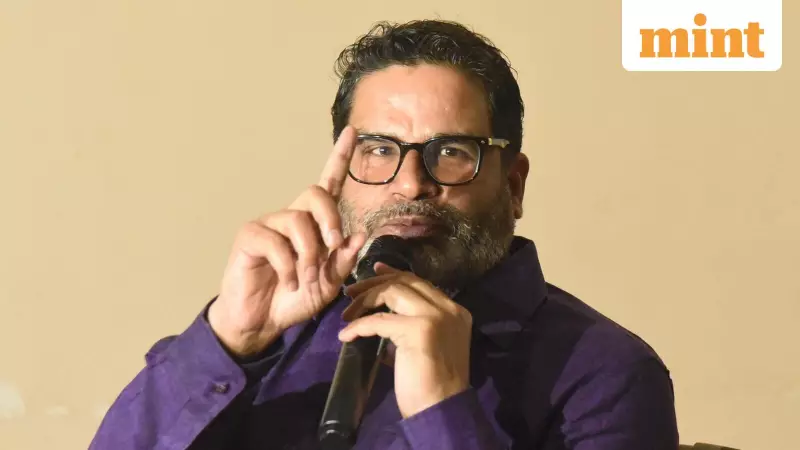
In a startling revelation that has sent shockwaves through political circles, Prashant Kishor's political organization Jan Suraaj has leveled serious allegations against the Modi government regarding the misuse of international funds during the Bihar Assembly elections.
The Allegations: Diversion of Development Funds
Pavan Verma, the spokesperson and key strategist of Jan Suraaj, has made explosive claims that the central government redirected a massive ₹14,000 crore loan obtained from the World Bank for purposes entirely different from its intended use. According to Verma, these substantial funds were strategically deployed during the recent Bihar Assembly elections to influence voter sentiment.
The organization asserts that the money, originally meant for developmental projects in the state, was instead distributed to women voters across Bihar as part of an election strategy. This alleged diversion represents one of the most significant financial misconduct claims in recent Indian electoral history.
Timing and Political Context
The allegations surfaced on November 16, 2025, adding fresh controversy to the already heated political atmosphere surrounding the Bihar election results. Jan Suraaj's claims come at a crucial time when political parties are analyzing the outcomes and strategies that shaped the electoral battle.
Pavan Verma, representing Prashant Kishor's growing political movement, emphasized that this was not merely a violation of electoral norms but a serious breach of international financial agreements. The World Bank loan, he insisted, was designated for specific development initiatives that would have benefited Bihar's infrastructure and public welfare systems.
Broader Implications and Reactions
This developing story raises critical questions about the use of international development funds for political purposes. If proven true, the allegations could have far-reaching consequences for India's standing with international financial institutions and its commitment to transparent governance.
The political ramifications are equally significant, as this claim adds fuel to ongoing debates about election financing and the ethical boundaries of campaign strategies. Jan Suraaj's allegations suggest a systematic approach to using public funds for electoral gains, potentially undermining the democratic process.
As this story continues to unfold, political observers and transparency advocates are calling for a thorough investigation into the matter. The allegations strike at the heart of financial governance and electoral integrity, making this one of the most closely watched developments in recent Indian politics.
This remains a developing story, and more details are expected to emerge as investigations proceed and responses from concerned parties become available.





